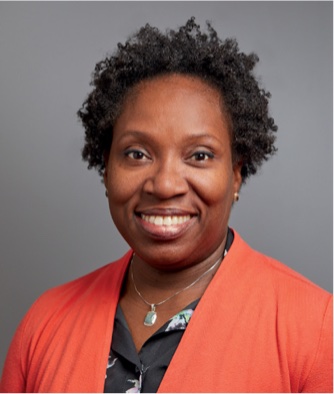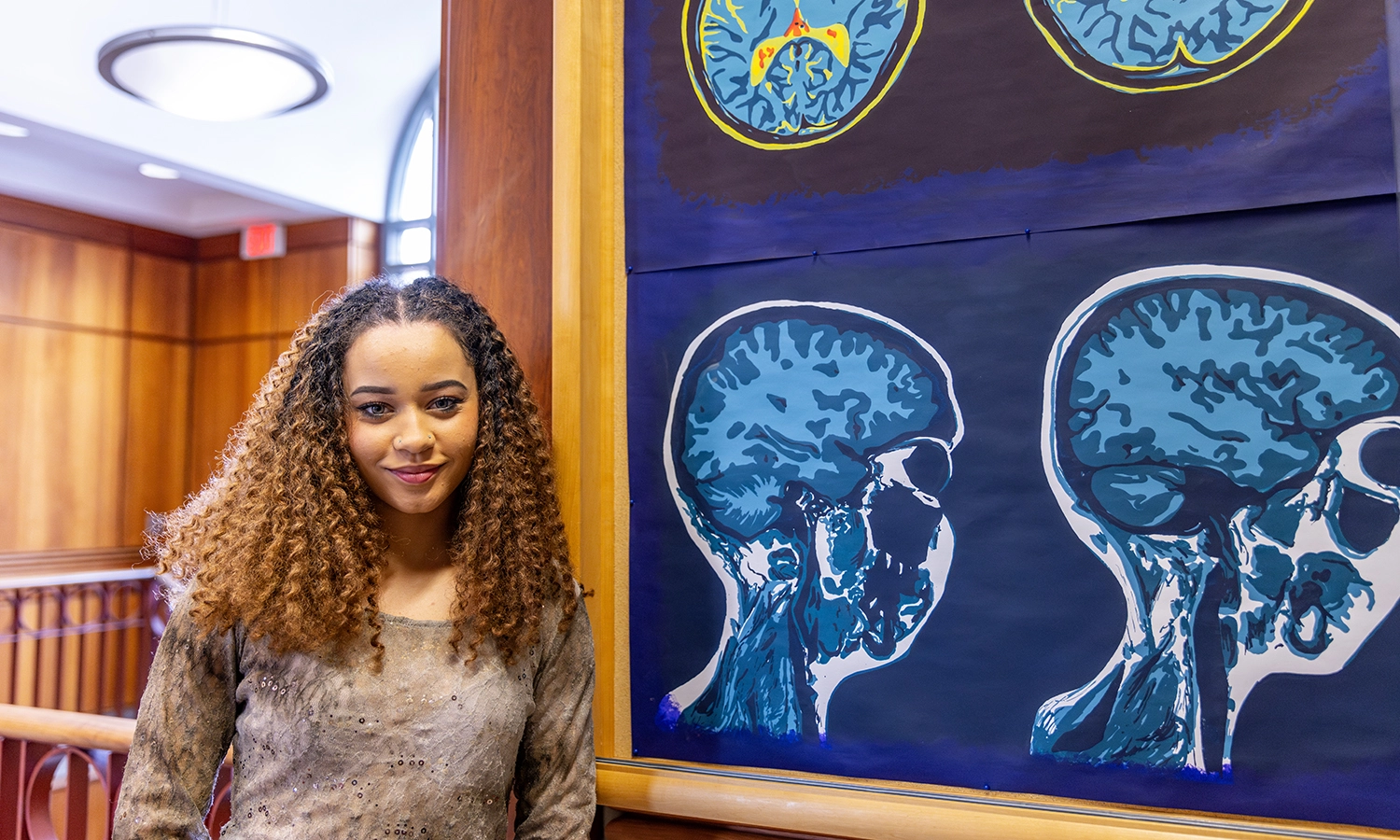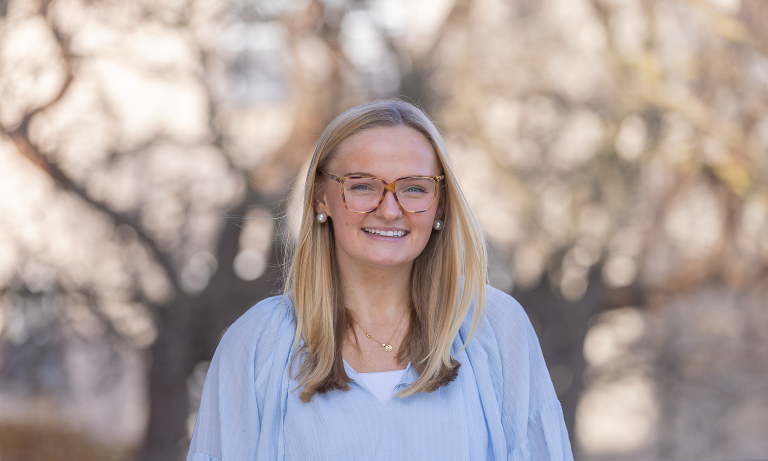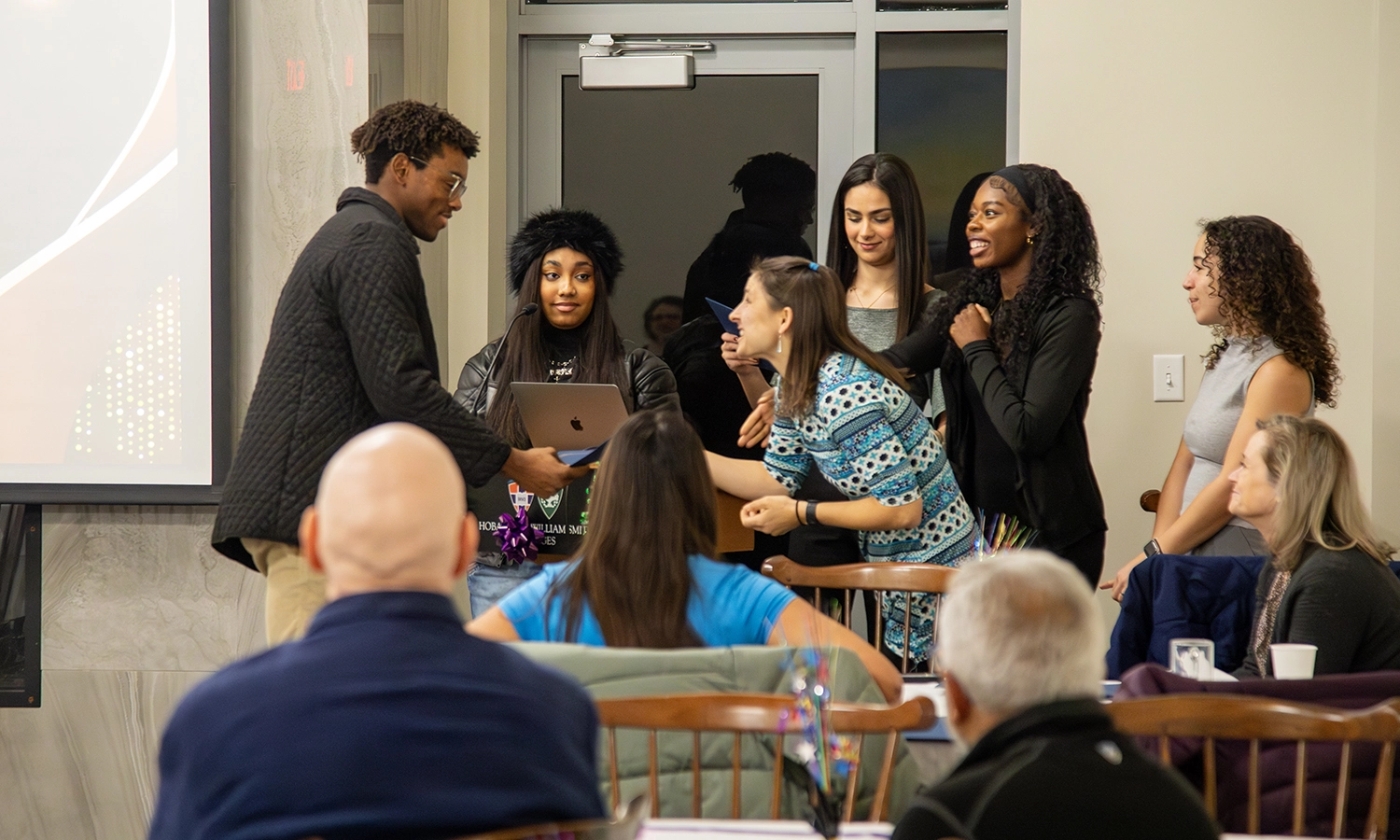
HWS News
1 August 2023 • Alums • STEM From Data to Care
It started in Madagascar. Nearly a decade after she left Hobart and William Smith, Lisa Thorpe Nichols ’96 volunteered for the Peace Corps, which brought her to the island nation. Though her assignment was focused on the environment, she initiated a wide range of projects and in helping the community thrive, found a calling in public health.
Despite the initial shock when she arrived, Nichols settled into the village and “fell in love with being there, with the people and working alongside them on that level.”

During her two-year service, she secured community development grants for solar panels for the village’s clinic and helped build latrines for the school. She identified sustainable economic opportunities using local produce and organized an educational fair, which created a foundation for long- term behavior change by increasing awareness on how rapid population growth places pressure on natural resources.
She also worked with area healthcare providers to support maternal-child health.
Nichols says the sum of those experiences abroad taught her lot about the nature of service work and about helping people. As she puts it, “There’s a lot of work to be done. There’s always a need.”
When she returned to the U.S., Nichols joined a research project team at the Yale University School of Public Health which sought to understand the influence of residence on risk and injection-associated diseases. She learned phlebotomy and interviewed injectors to learn socio-demographics, mental health, injection risk, and their interactions with healthcare, harm reduction and criminal justice systems. Professionally, the position “opened a lot of doors for me,” she says, but it
was also “one of my favorite jobs because I like working with vulnerable groups.”
Now a program manager for the Yale School of Medicine’s AIDS program, Nichols is part of a small team studying and building resources for people living with HIV/AIDS and managing other diseases, such as hepatitis C and addiction. Nichols’ current project uses Data to Care methodology, a public health strategy that harnesses health data to identify people with HIV who are not in care and link them to medical and social support.
“It’s all about data — where the burden of infection is, the demonstrated need,” Nichols says. Working with seven state, regional and municipal health departments across the country, she and her colleagues use aggregated health data to create and disseminate tools that enable health departments and clinics
to track their progress reaching and treating people living with these diseases.
Enabling public health officials to identify “the gaps
and challenges in their jurisdictions in terms of policy and barriers...does make an impact,” Nichols says. “You can see the increases in cure rates.”
Sustaining research and outreach at this scale is rife with funding and staffing challenges, not to mention the volume
of data, and it could be easy to get lost in the numbers and logistics. But for Nichols, the Peace Corps experience is a touchstone reminder that helping people is “where my heart is.”
Nichols holds a B. A. in cultural anthropology at Hobart and William Smith and a master’s in public health from Southern Connecticut State University. Her work has been published in peer-reviewed journals such as AIDS Behavior and Journal of Acquired Immune Deficiency Syndromes.
This story was originally featured in the Summer 2023 edition of the Pulteney Street Survey.



